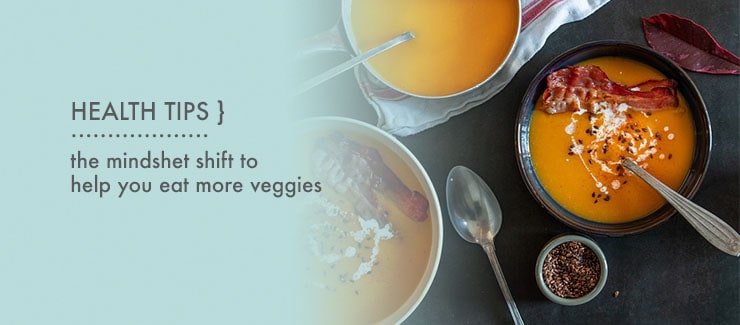
Here's an easy mindset shift for you when it comes to making food choices – instead of focusing on limiting or eliminating certain foods, focus on what you can add to your plate instead. In other words, try thinking about what you can include to meal times in order to make them more nutritious. Perhaps instead of having pasta with marinara and a side of bread for dinner tonight, try adding some chopped vegetables to the sauce like mushrooms, zucchini, broccoli, chopped tomatoes, carrots, eggplant, spinach...okay you get the idea. And then maybe a have a small salad on the side because – more veggies! Basically, your goal is to add more healthy farm-fresh fruits and vegetables to every meal of the day.
So, in honor of the hearty winter vegetables available this time of year, here's a list of five veggies to add to your plates that are in season now. How are you going to incorporate more vegetables into your day?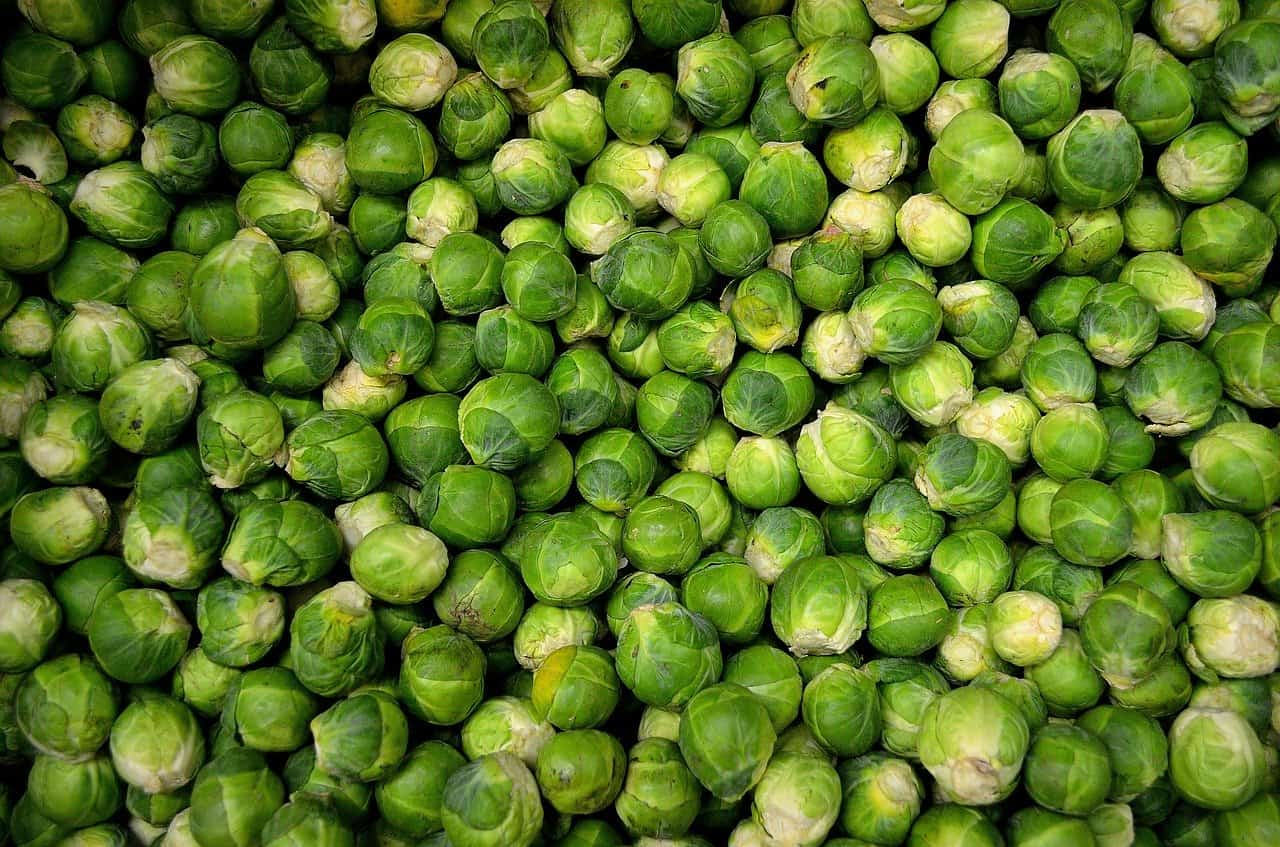
These cruciferous vegetables are a great, nutritious side dish or main course! They’re low in calories but high in fiber, vitamins, and minerals, specifically vitamins K, C, and A. Numerous studies have linked brussels sprouts to health benefits.
For example, they contain kaempferol, an antioxidant that may reduce cancer growth, decrease inflammation, and promote heart health. Also high in fiber, this means they promote a regular, healthy digestive system and reduce the risk of diabetes and heart disease.
Fun Tip: Brussels sprouts are pretty simple to prepare! To add some easy nutrition, throw them into your pasts, frittatas, or stir-fried dishes.
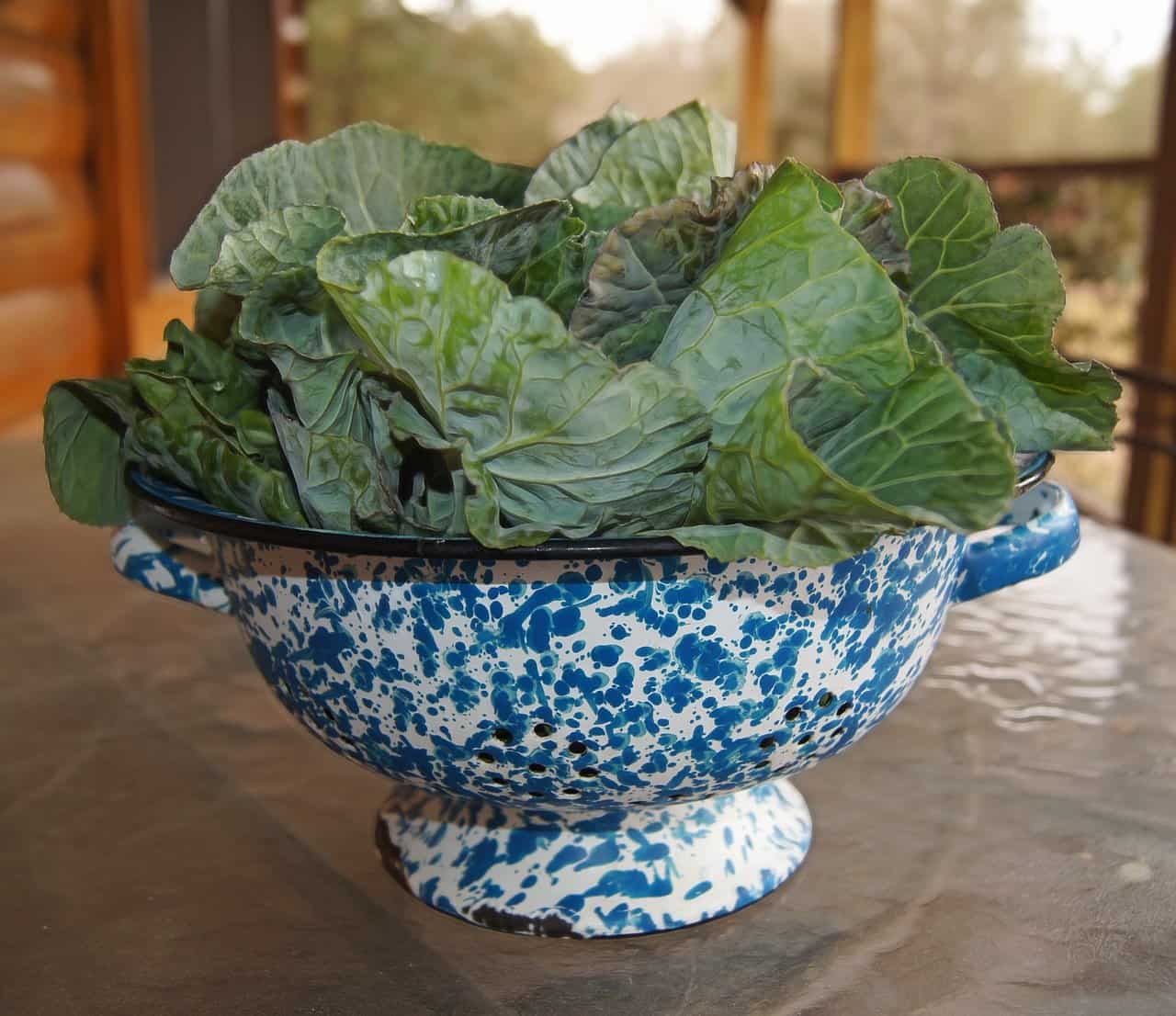
This southern comfort food is surprising healthy! A high intake of plant foods such as collard greens lowers the risk of obesity, overall mortality, diabetes, and heart disease. Collard greens, specifically, are great for bone health thanks to their rich vitamin K nature.
One cup of boiled collard green yields nearly 8 grams of fiber. This can reduce inflammation, helping people with type 2 diabetes or digestion issues. The iron and vitamins A and C boost healthy skin and hair as well as prevent anemia! Finally, the folate available in collard greens can even help regulate mood and sleep, helping people with disorders like depression.
Fun Tip: You can add chopped collard greens to almost any soup to add flavor and essential nutrients! In particular, try adding it to vegetable, tomato, or split pea soup!
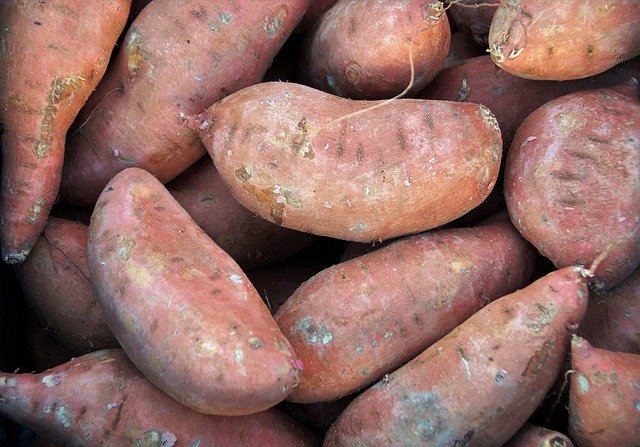
A holiday favorite, sweet potatoes shouldn’t be mistaken for unhealthy just because they’re a part of the feast! This sweet, starchy root vegetable is grown worldwide and can come in numerous colors like orange, white, and purple. They’re easy to add to your diet, and you should, because they’re highly nutritious!
There’s about 180 calories to one cup, and that’s packed with protein, fiber, vitamins A, C, B6, manganese, potassium, copper, and Niacin. High in antioxidants, they can protect your body from free radical damage and chronic diseases. Sweet potatoes promote good gut bacteria, and they can even help lower the risk of conditions like IBS and infectious diarrhea.
Fun Tip: This vegetable is great in both savory and sweet dishes, and if you like baking, a sweet potato puree adds moisture without adding any fat!
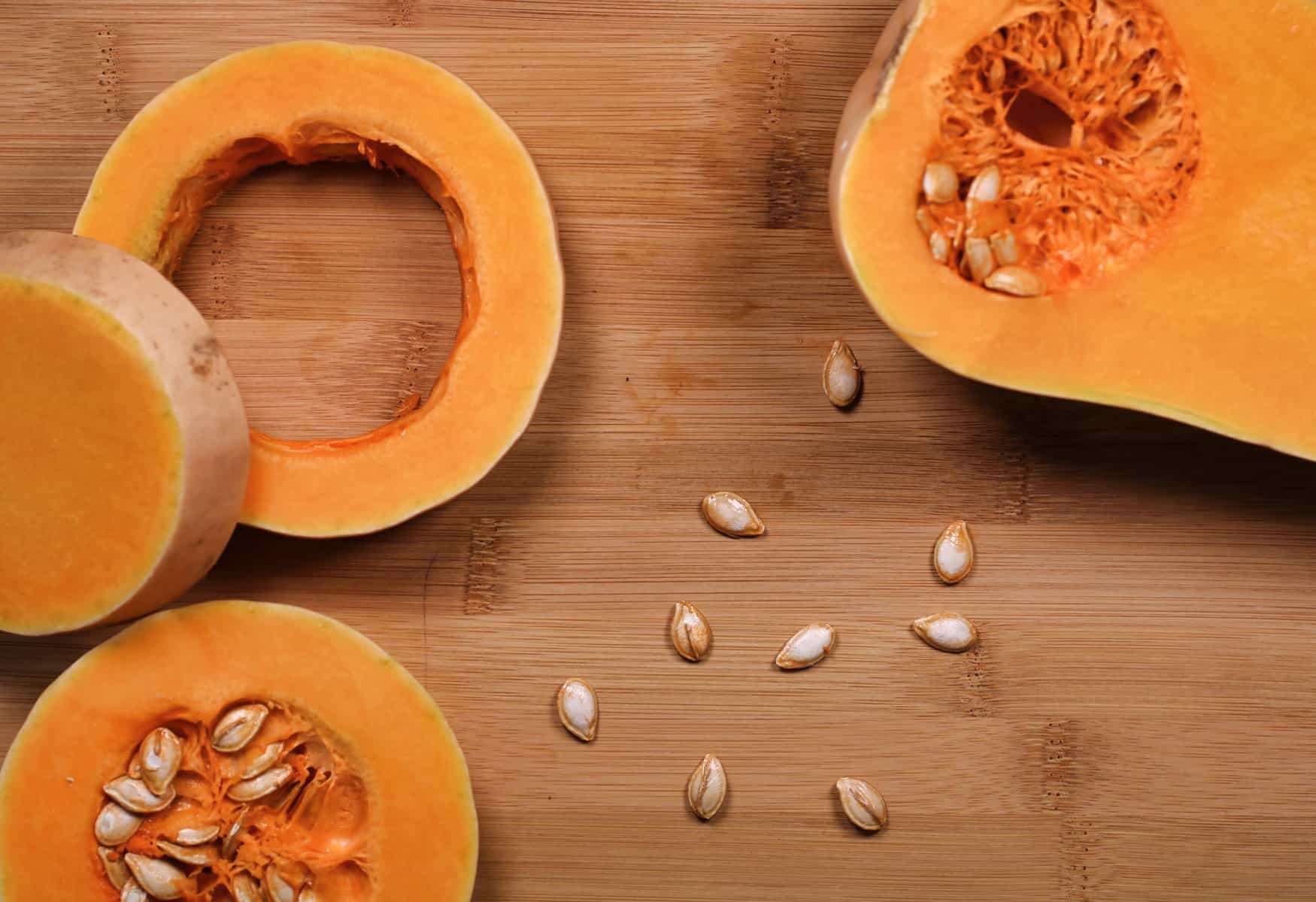
Don’t fret summer squash lovers! Winter squashes are delicious and offer numerous health benefits. Butternut squash tends to be one of the most popular, and it has a sweet, nutty flavor while also delivering vitamins, minerals, fiber, and antioxidants. One cup squash is about 82 calories and provides 457% daily vitamin A.
Squash also supplies vitamins C, E, B1, B3, B6, and B9! Studies have shown eating more antioxidant-rich foods can protect against mental decline, and a higher intake of vitamin E can have protective effects against Alzheimer’s disease. This makes squash particularly amazing!
Fun Tip: You can swap potatoes with butternut squash when making homemade fries!
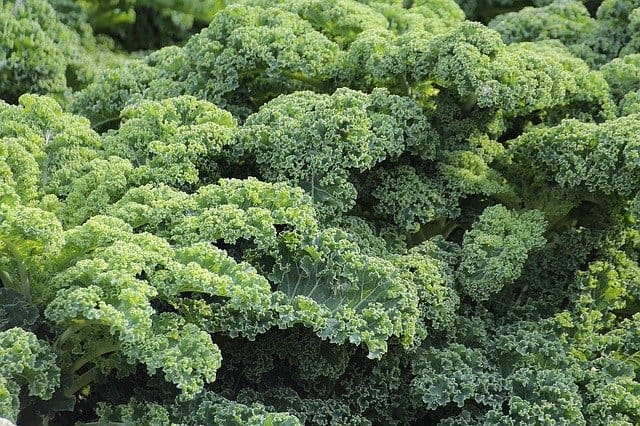
This leafy-green vegetable contains an impressive amount of vitamins, minerals, and antioxidants, making it one of the healthiest vegetables on the planet. One cup of kale has the daily recommended intake for vitamins A, C, and K at only 33 calories. If it sounds insane, it’s because it is! That one cup of kale holds more vitamin C than a whole orange.
Steamed kale is great for you if you need to lower cholesterol, as a study found it is 43% as potent as cholesterol-lowering drugs. To top it all off, there are numerous cancer-fighting substances and protective compounds against cancer in Kale. Though, this has mostly been noted in test-tube and animal studies.
Fun Tip: You can make Kale Chips by drizzling kale in olive or avocado oil, adding some salt, and then baking until dry.



Brussel sprouts is really good
I love sweet potatoes mmm
They’re so good!